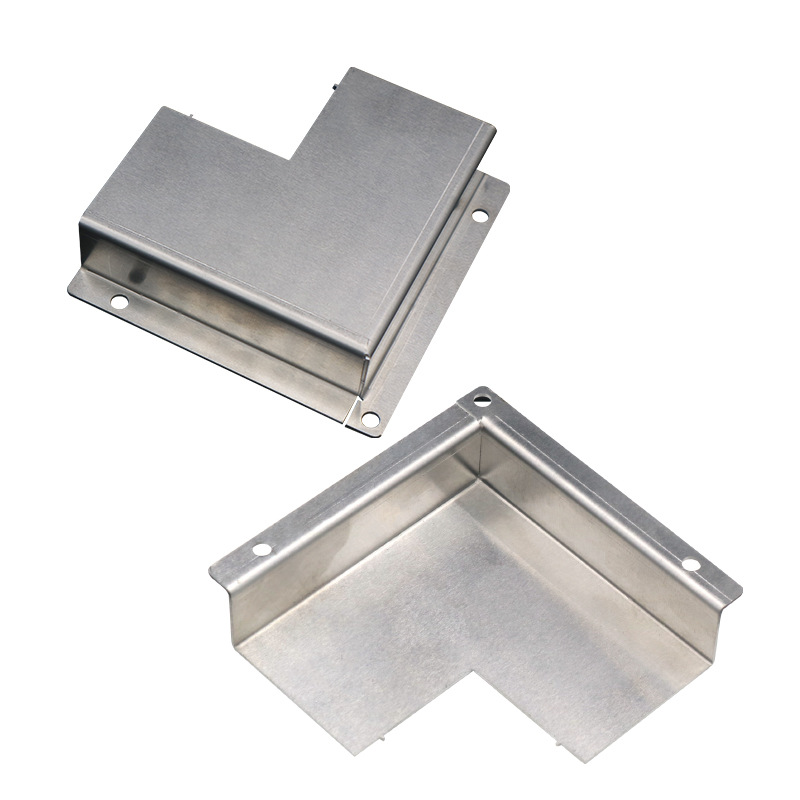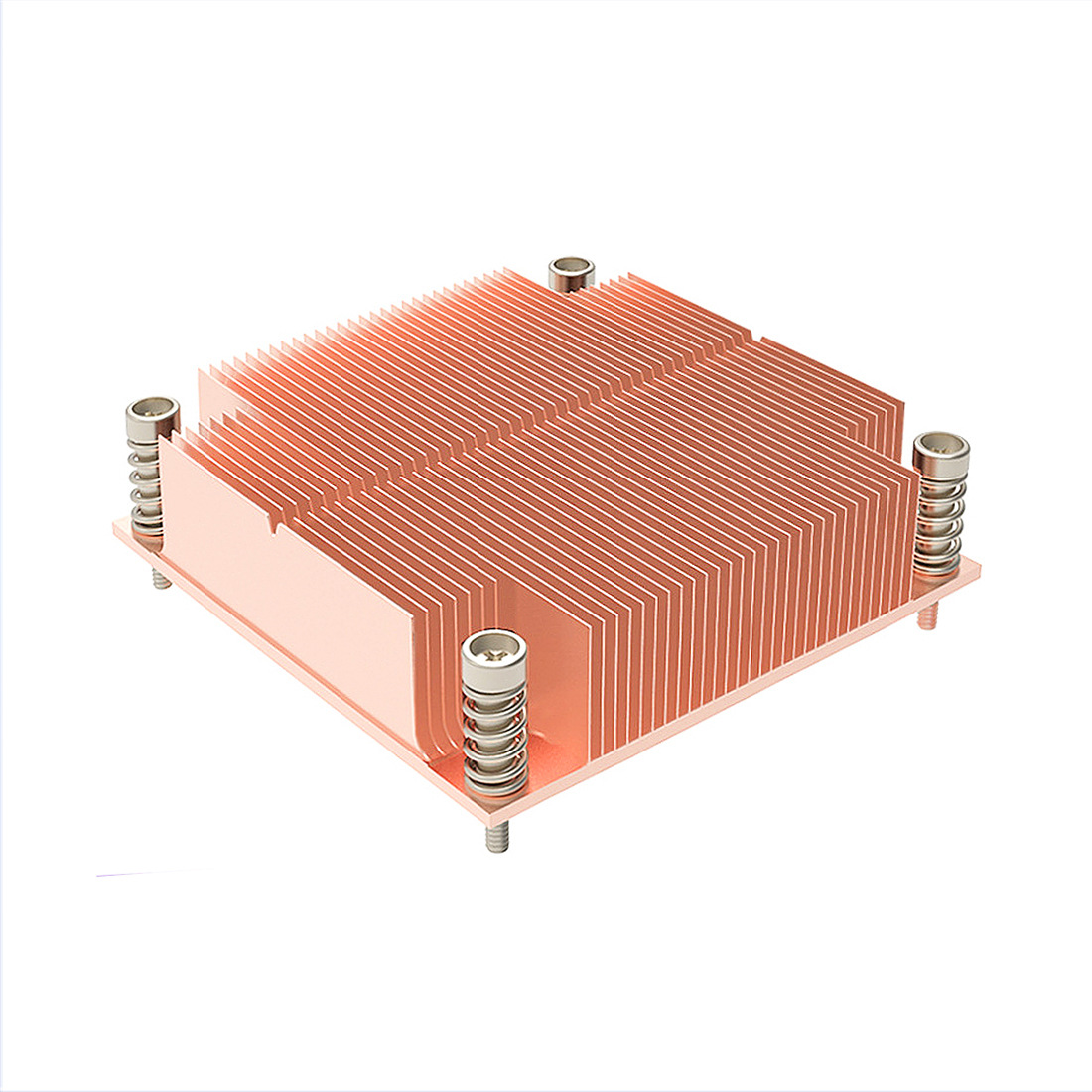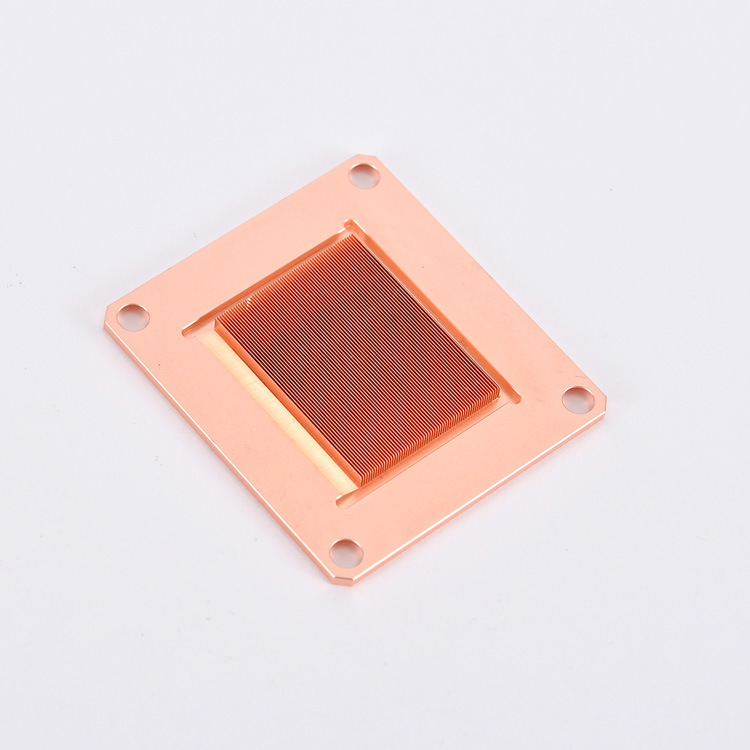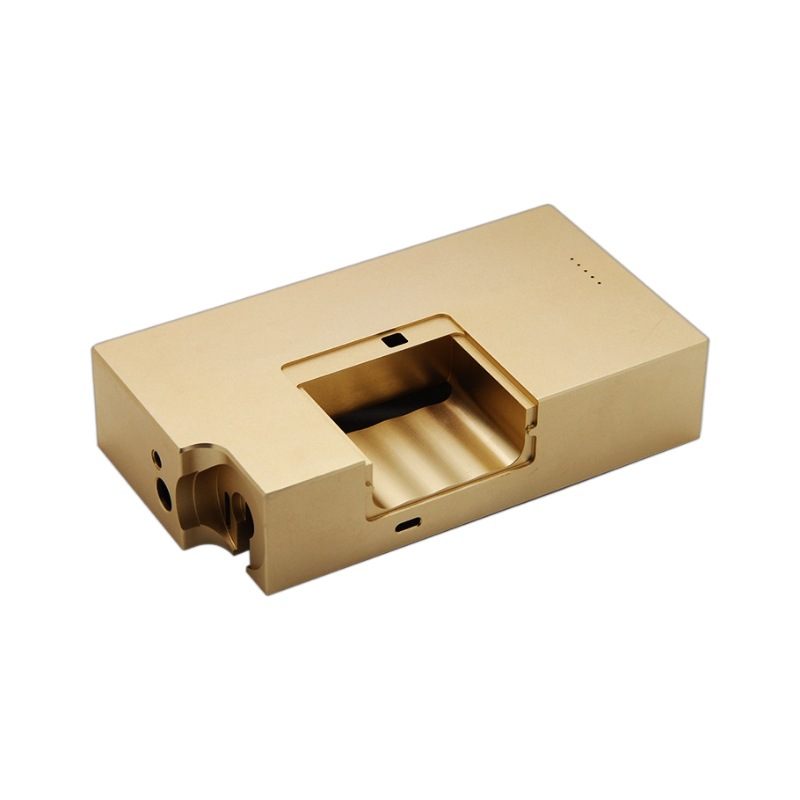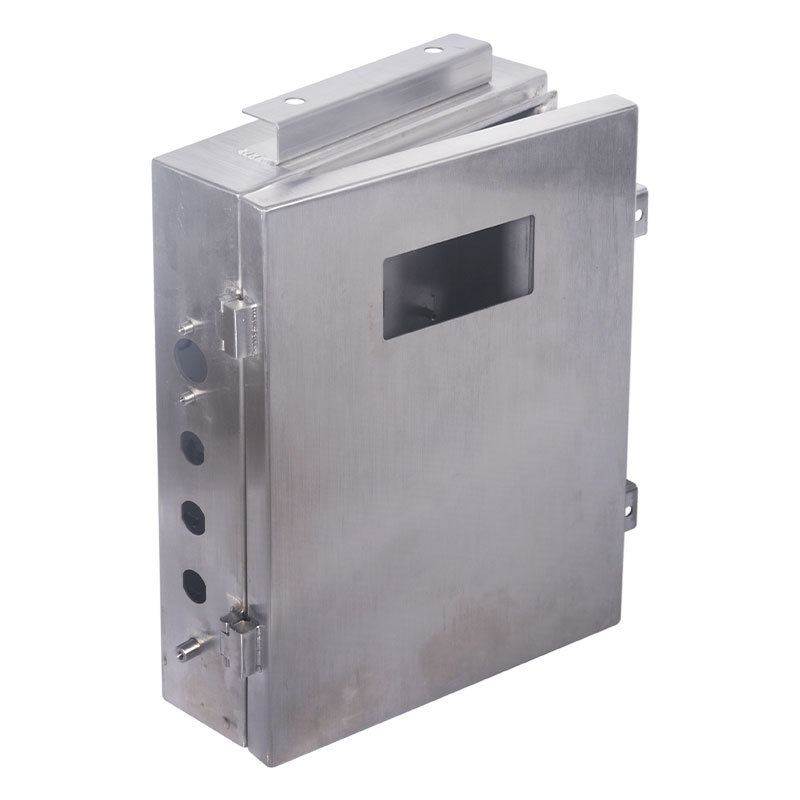When selecting materials for engineering and manufacturing applications, lightweight metals are invaluable. Their high strength-to-weight ratios make them essential in aerospace, automotive, and construction industries.

The three most commonly used lightweight metals are aluminium, titanium, and magnesium. Aluminum is 65% lighter than steel, titanium is 42% lighter, and magnesium is 77% lighter.
These metals are widely used in various industries due to their high strength, corrosion resistance, and excellent machinability.
As for choosing a material that suits your needs, let’s delve deeper into each metal’s unique benefits and typical applications.
-
Table Of Contents
-
1. Top 3 Lightweight Metals and Their Key Benefits
-
2. What are the top 3 lightest metals?
-
3. Magnesium: The Lightest Structural Metal
-
4. Aluminum: A Versatile Lightweight Metal
-
5. Titanium: Strength and Corrosion Resistance
-
6. How do you select the Best Lightweight Metal?
-
7. Summary

What are the top 3 lightest metals?
Magnesium, aluminum, and titanium are the top three lightest metals. They are widely used due to their low densities and high application performance.
Magnesium is the lightest structural metal with a density of 1.7 g/cm³. Aluminum, at 2.7 g/cm³, and titanium, at 4.5 g/cm³, offer excellent strength-to-weight ratios.

Magnesium: The Lightest Structural Metal
Magnesium’s lightweight properties make it a standout choice in industries focused on weight reduction.
Its density is significantly lower than aluminum and titanium, making it ideal for applications where every gram matters.
However, magnesium’s benefits extend beyond just being lightweight. It has excellent machinability, meaning it can be easily shaped and formed into complex components with high precision. This is particularly valuable in the aerospace industry, where intricate parts are common.
In addition to its machinability, magnesium has good electromagnetic shielding properties, making it suitable for electronics and communications equipment use.
Its ability to absorb and dissipate energy makes it a good choice for applications requiring vibration damping, such as automotive components and power tools.

Aluminum: A Versatile Lightweight Metal
Aluminum is known for its versatility and is widely used in various industries. Its density is 2.7 g/cm³, making it 65% lighter than steel.
One of the critical benefits of aluminum is its excellent corrosion resistance. When exposed to air, aluminum forms a thin oxide layer on its surface, which protects it from further oxidation and corrosion. This makes it ideal for use in harsh environments, such as marine and aerospace applications.
Aluminum’s ductility allows it to be easily formed into different shapes without cracking, making it suitable for various manufacturing processes, including rolling, extrusion, and stamping.
Additionally, aluminum has good thermal and electrical conductivity, making it a popular choice for heat exchangers, electrical conductors, and electronic enclosures.
In the construction industry, aluminum’s combination of strength and light weight makes it a preferred material for building facades, roofing, and window frames. Its reflective properties also make it an energy-efficient choice for thermal insulation applications.

Titanium: Strength and Corrosion Resistance
With a 4.5 g/cm³ density, titanium is heavier than magnesium and aluminum but offers superior strength and corrosion resistance.
It is 42% lighter than steel, making it a popular choice for high-performance applications where strength is critical.
Titanium’s high strength-to-weight ratio is unmatched by most other metals, allowing it to withstand extreme conditions without adding significant weight.
One of titanium’s most notable properties is its excellent corrosion resistance. It is highly corrosion-resistant in many environments, including seawater, acidic environments, and chlorides. This makes it ideal for marine, chemical processing, and medical applications.
Titanium’s biocompatibility makes it a preferred material for medical implants, such as hip and knee replacements, as it does not react with bodily tissues.
Its non-magnetic properties also make it suitable for medical devices and MRI machines. In the aerospace industry, titanium’s high strength and low weight make it an essential material for aircraft frames, engines, and components.

How do you select the Best Lightweight Metal?
When selecting the best lightweight metal for your needs, consider the specific requirements of your application. Here are some tips and considerations:
Aluminum
Aluminum is ideal for applications requiring corrosion resistance, ductility, and ease of fabrication. Its lightweight nature and good strength make it suitable for use in the automotive, aerospace, and construction industries. When selecting aluminum for your application, consider the following:
Corrosion Resistance: Aluminum’s excellent corrosion resistance suits it in harsh environments, such as marine and aerospace applications.
Ductility: Aluminum’s ductility allows it to be easily formed into different shapes, making it suitable for various manufacturing processes.
Thermal and Electrical Conductivity: Aluminum’s good thermal and electrical conductivity makes it ideal for heat exchangers, electrical conductors, and electronic enclosures.
Titanium
Titanium is best for high strength, corrosion resistance, and biocompatibility applications. Its high strength-to-weight ratio and excellent corrosion resistance make it suitable for aerospace, medical, and high-performance engineering applications. When selecting titanium for your application, consider the following:
Strength: Titanium’s high strength makes it suitable for high-performance and durable applications.
Corrosion Resistance: Titanium’s excellent corrosion resistance is ideal for marine, chemical processing, and medical applications.
Biocompatibility: Titanium’s biocompatibility makes it a preferred material for medical implants, such as hip and knee replacements.
Magnesium
Magnesium is perfect for applications where weight reduction is critical, such as aerospace and automotive industries. Its lightweight nature and good machinability make it suitable for applications requiring precision and intricate designs. When selecting magnesium for your application, consider the following:
Weight: Magnesium’s lightweight nature makes it ideal for applications where reducing weight is crucial, such as aerospace and automotive components.
Machinability: Magnesium’s excellent machinability allows it to be easily shaped and formed into complex components with high precision.
Energy Absorption: Magnesium’s ability to absorb and dissipate energy makes it suitable for vibration-damping applications.
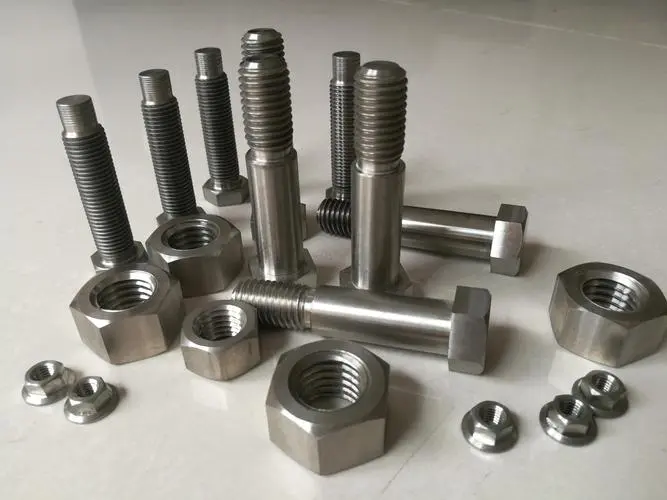
Summary:
In summary, aluminum, titanium, and magnesium offer unique benefits that make them indispensable in various industries.
Whether you need high strength, corrosion resistance, or lightweight properties, these metals provide the necessary solutions. Consider your needs and consult material experts to choose the best metal for your applications.



